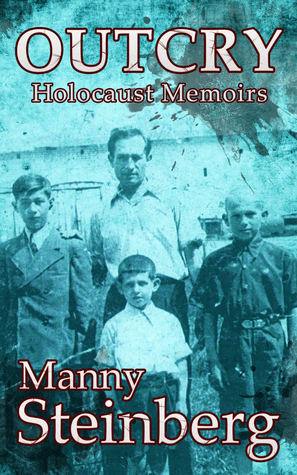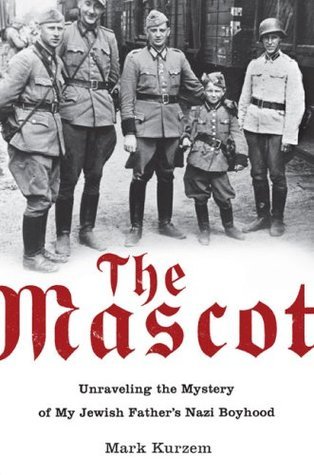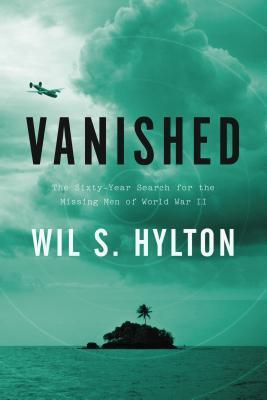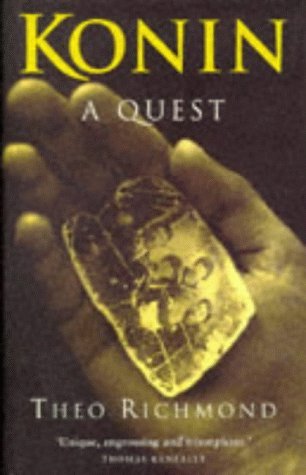
The Lost: A Search for Six of Six Million
Book Description
What if the threads of history unraveled before your eyes, revealing the lost tales of those silenced by tragedy? In "The Lost: A Search for Six of Six Million," Daniel Mendelsohn embarks on a poignant journey to uncover the stories of his family members who perished in the Holocaust. With each revelation, the past collides with the present, weaving a tapestry of memory, grief, and the relentless quest for understanding. As he delves deeper into their lives, the stark horrors of history come alive, challenging the boundaries of memory and identity. Will the truth heal wounds long left unspoken?
Quick Book Summary
In "The Lost: A Search for Six of Six Million," Daniel Mendelsohn embarks on a deeply personal journey to uncover the fate of six family members who perished in the Holocaust. Drawing on family stories, historical documents, and global travels from America to Ukraine, Mendelsohn reconstructs the vanished lives of his relatives and, through them, confronts the wider tragedy that befell European Jewry. The book is not only a quest for facts about the past, but an exploration of memory, identity, and the ways trauma reverberates through generations. Mendelsohn grapples with partial truths, contradictory testimonies, and the silence that tragedy imposes, transforming the search into a meditation on history's enduring presence in family and self.
Summary of Key Ideas
Table of Contents
The Interplay of Personal and Collective Memory
Daniel Mendelsohn's journey begins with the stories he heard as a child—tales of relatives from the small town of Bolechow, Poland (now Ukraine) who vanished during the Holocaust. Spurred by a bundle of old letters and a desire to bring clarity to family lore, he embarks on a quest to piece together what became of his great-uncle Shmiel Jäger, Shmiel's wife, and their four daughters. His search is both literal and metaphorical, spanning continents as well as the boundaries between memory and history.
The Complexities of Historical Truth
As Mendelsohn delves into the stories, he encounters the challenges of unreliable testimony and fragmented accounts. Survivors and witnesses offer recollections that are sometimes contradictory, full of gaps left by trauma, shame, and the simple erosion of time. Mendelsohn learns to navigate these uncertainties, understanding that historical truth is often partial and elusive, shaped as much by what is forgotten or suppressed as by what is remembered. This tension between the factual and the imagined becomes central to his quest.
Legacy and Identity in the Shadow of Trauma
Along the way, Mendelsohn contemplates how loss, secrecy, and the trauma of genocide shape contemporary Jewish identity and family relationships. His own bond with his father deepens as they travel together in search of answers, and he reflects on how inherited grief permeates his life. The search itself becomes a means of forging connection with ancestors, with roots, and with the larger tradition of Jewish remembrance. Through this process, he explores the ways personal pain is intertwined with collective history.
The Role of Testimony and Witness
Testimony—both given and received—plays a key role in Mendelsohn’s journey. He interviews survivors across the globe, grappling with the responsibility of bearing witness both as a family member and as a writer. The book foregrounds the importance of storytelling in resisting erasure and giving dignity to the dead. Mendelsohn recognizes, however, that even the most meticulous efforts leave some mysteries unsolved, highlighting the tension between the yearning for closure and the acceptance of enduring ambiguity.
The Search for Meaning Amid Loss
Ultimately, "The Lost" is more than a search for names and dates; it’s an exploration of what meaning can be recovered from the fragments of the past. Mendelsohn weaves together narratives of suffering, acts of resistance, and fleeting moments of grace, illustrating how the search itself becomes a way to honor those who were lost. Through his investigation, he invites readers to reflect on the significance of remembrance, the pain and necessity of confronting history, and the ways in which seeking the truth—even if it cannot heal all wounds—can offer solace and a deeper understanding of self.
Download This Summary
Get a free PDF of this summary instantly — no email required.





